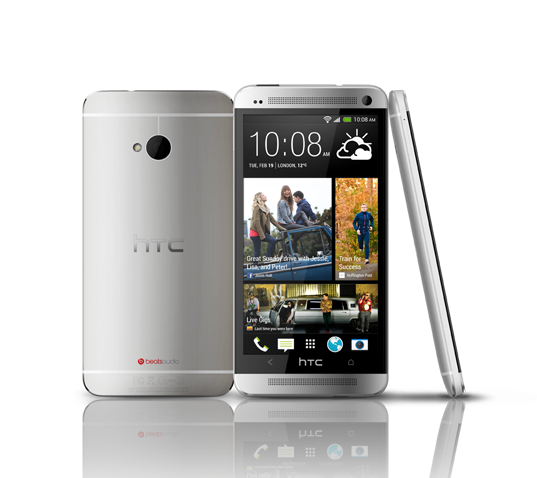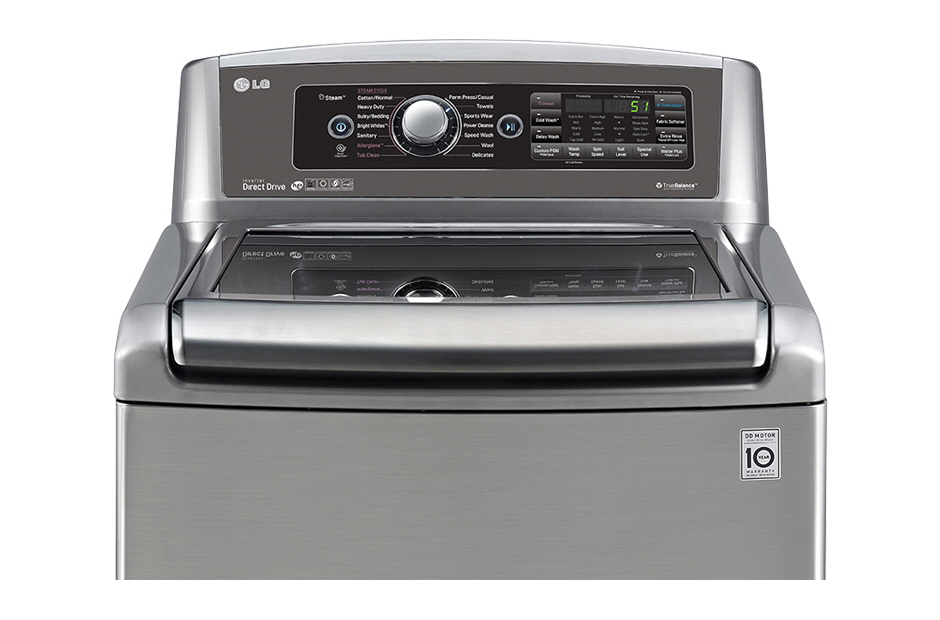Which Smartphone is Best For You? 9 Factors to Consider
These days, smartphones are already an essential part of day to day living. From taking pictures, saving documents, communication and many others, they have become an indispensable part of human life.
But with the number of smartphone brands and models in the market, it’s quite difficult to decide on which one is right for you. To make the best choice, below are some important factors to consider before buying your next smartphone.
1. Your Needs
Before you invest in a smartphone, set your priorities straight. A mobile device is like a portable computer that lets you execute different tasks. How you will use it every day and for what purpose will matter a lot in choosing which unit to buy.
Make a list of smartphone features that will be beneficial to you and the daily tasks you will be using it for beyond communication, social media and Internet browsing. Bring your checklist when shopping around for a new mobile device.
 2. Operating System (OS)
2. Operating System (OS)
A smartphone OS is an engine responsible for the smooth operations of your mobile device. It manages both the software and hardware of your phone for you to have a satisfying user experience.
When buying a smartphone today, chances are it will be running on either Android, Windows or iOS. All operating systems have good features, and choosing from among the three will still depend on your needs.
3. Design and Function
Aside from the software, how you want your mobile unit to look still counts. The physical appearance of your smartphone is an indication of your personal taste and style. Some individuals like fancy designs while others prefer a streamlined, sturdy look. Whatever your preference is, make sure that the design enhances its functionality.
A metal body is trendy and stylish but it’s also useless if it doesn’t allow you to have a removable battery and a microSD slot. Don’t focus too much on aesthetics and check on the quality of the device to ensure you get what you need.
4. Size and Display
For those who love playing games, watching videos and enjoy reading on their smartphones, a large screen may be a requirement. Your mobile device should at least have a 5.2-inch display for you to avoid eye strain.
In Android phones, there are two main types of display technology, LCD and AMOLED. The difference between the two lies in the projection of light.
LCD screens are brighter and display better content even when in direct sunlight. AMOLEDs, on the other hand, offer more color saturation and sharper contrast. But with the evolution of technology, the difference between the two is no longer noticeable.
With that said, QHD or Full-HD resolution for photos provide good image sharpness. And remember that the higher the number in terms of resolution, the better.
5. Memory and Space
When shopping for your next phone, consider the RAM and internal memory of the device. Check out how much storage space the pre-installed apps consume. Even though you can use a microSD card to expand the storage capacity, a large internal memory is still important.
And before you choose a smartphone with 64 or 128 gigabytes of internal memory, think of what you’ll use it for since the memory capacity impacts the gadget price. If you’re not going to use your phone to store files or big applications, you’re probably better off with just 32 gigabytes.
6. Camera
If you love taking pictures, or are managing an Instagram, Pinterest or tumblr account, pay extra attention to the quality and features of the camera. Recent models have optical stabilization, auto-focus and higher megapixels for quality picture taking.
7. Battery Life
To maximize the use of your next smartphone, battery life is important. Don’t get easily impressed with a high number of mAh because that doesn’t mean that the device has more battery life. Rather than just focusing on this feature, check reviews on the device’s overall performance. Currently, the standard battery capacity for smartphones is set at 3,000 mAh.
8. Mobile Carriers and Plans
Mobile service providers all offer smartphones with a reliable Internet package, calls, and SMS. If you want to change your current provider, check out the details on other offers before purchasing so you know if you’re making the right move.
9. Budget
If you happen to have a limited budget, the unit price should be your prime consideration. Is it worth it to spend such a big amount for a fancy mobile device? Are you just being unduly influenced by fads when you can make do with a less popular phone or older model that will make your tasks much easier to do anyway?
When budget is not a major concern, you can choose something in between which is both on-trend and equally powerful.
The final choice is always yours. Just be aware of the different features and prices among smartphone models. Compare devices, models and brands while considering your purpose and your budget to be able to choose the best smartphone that fits your needs.
The post is by Al-moottil P Antony, a C-Suite Executive Support Professional for Zain, a leading mobile and data services operator with a commercial footprint in 8 Middle Eastern and African countries.


